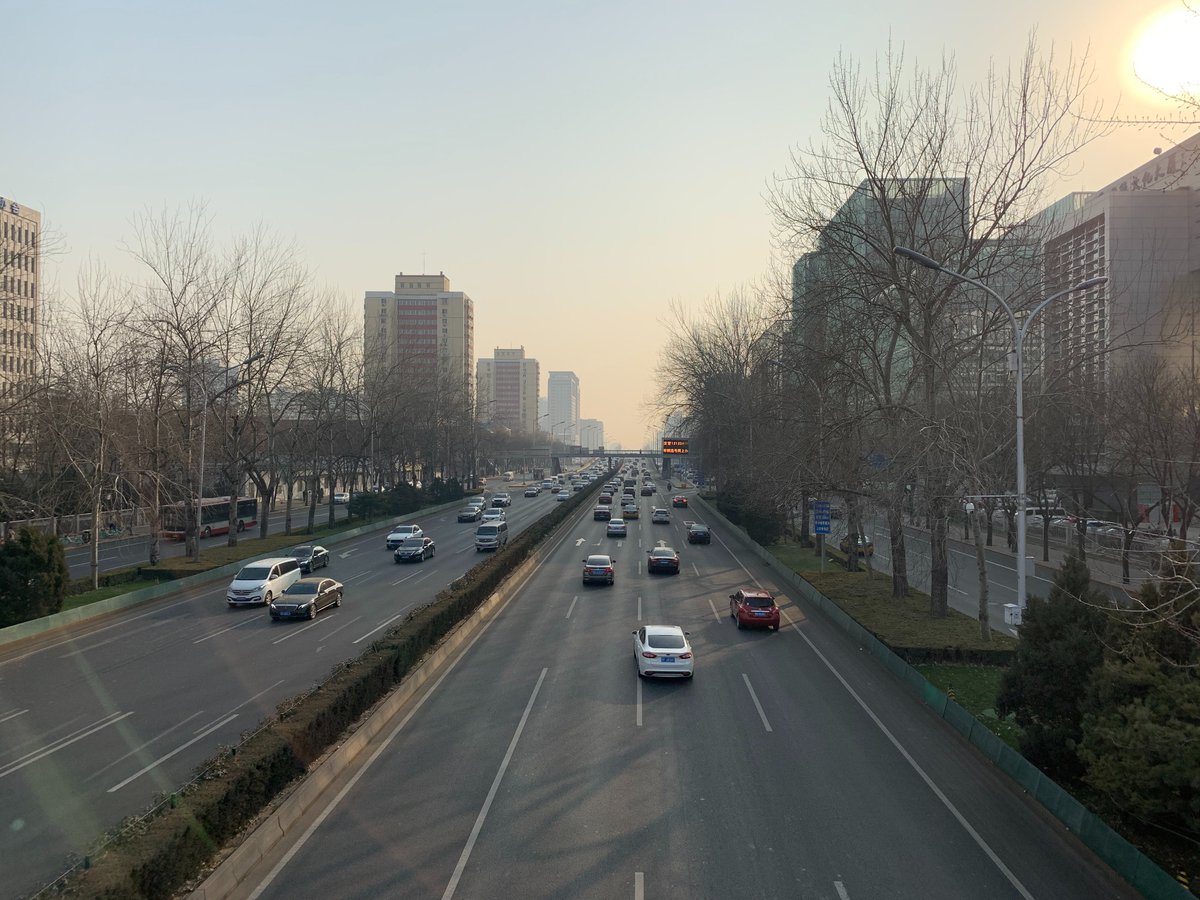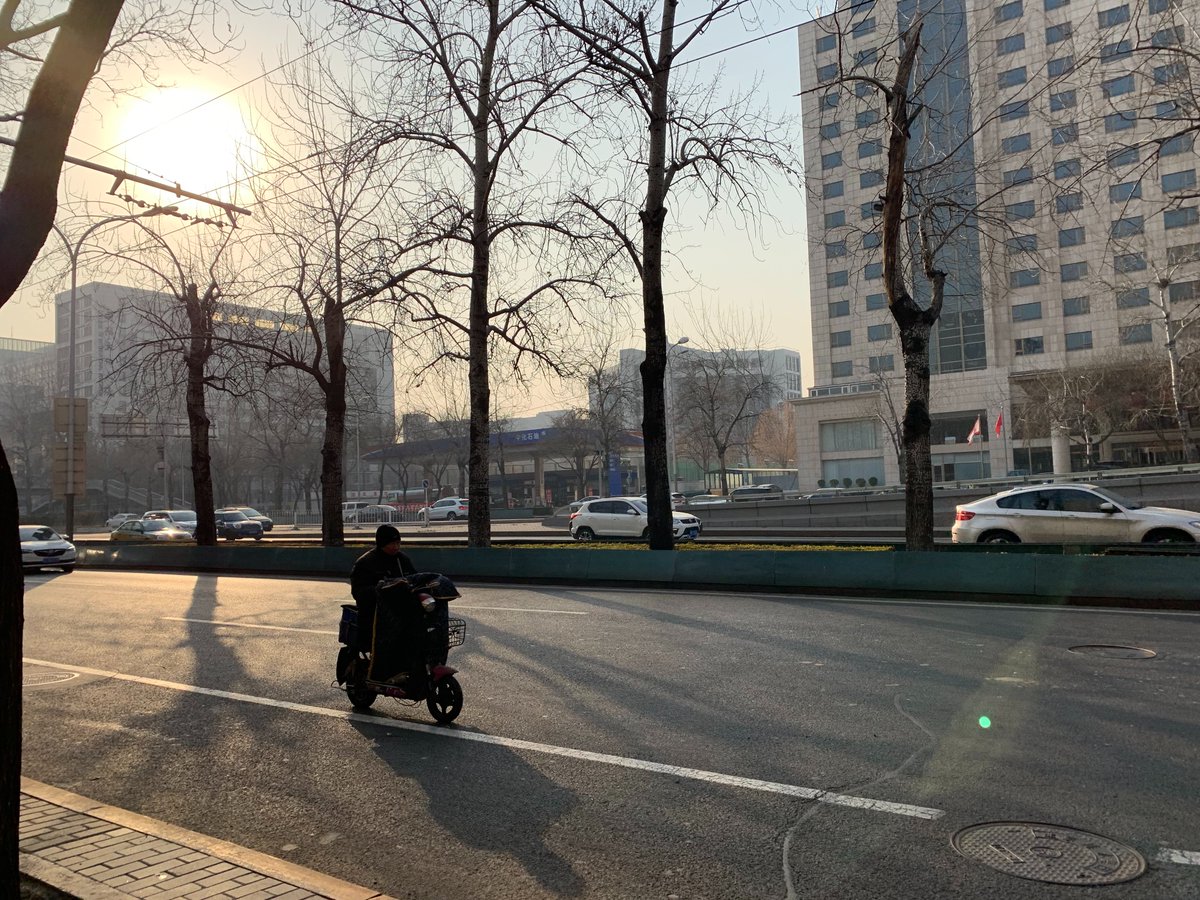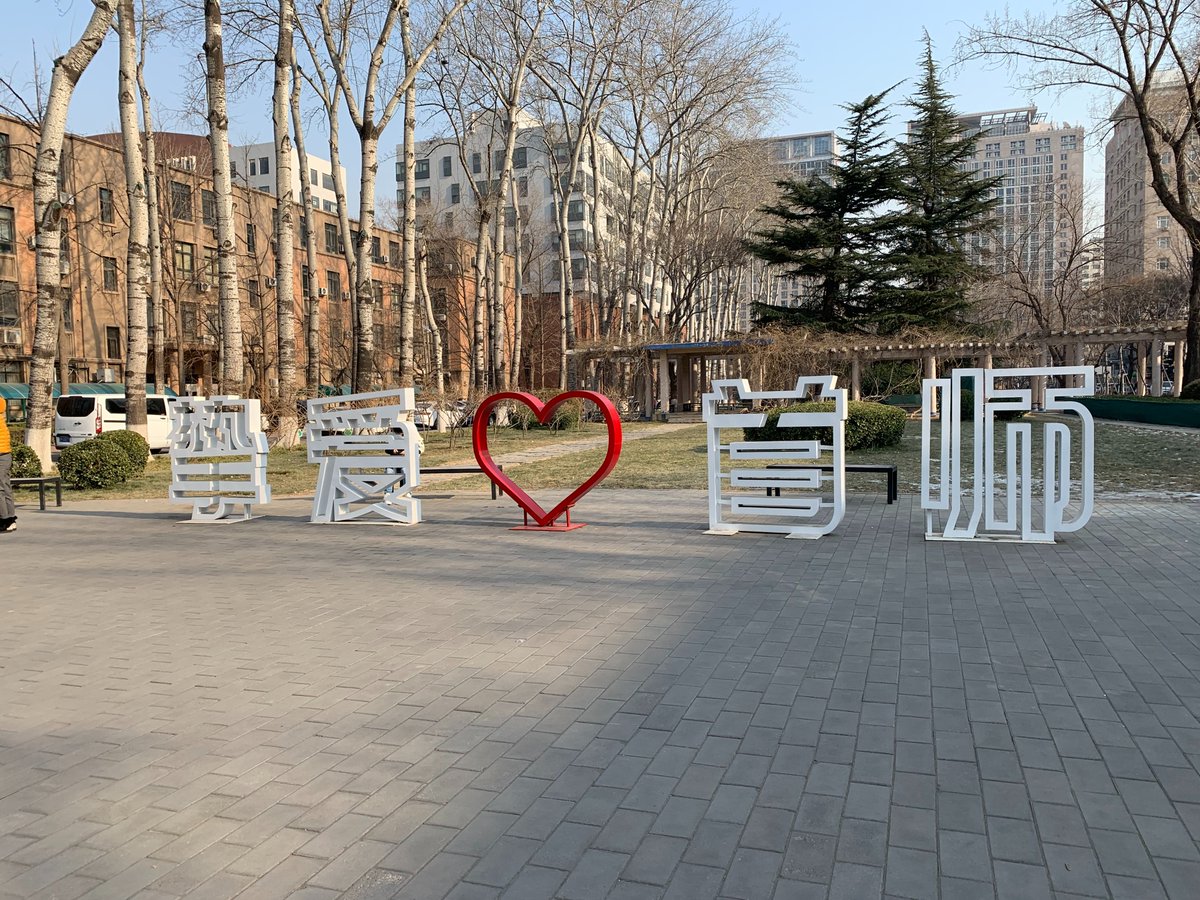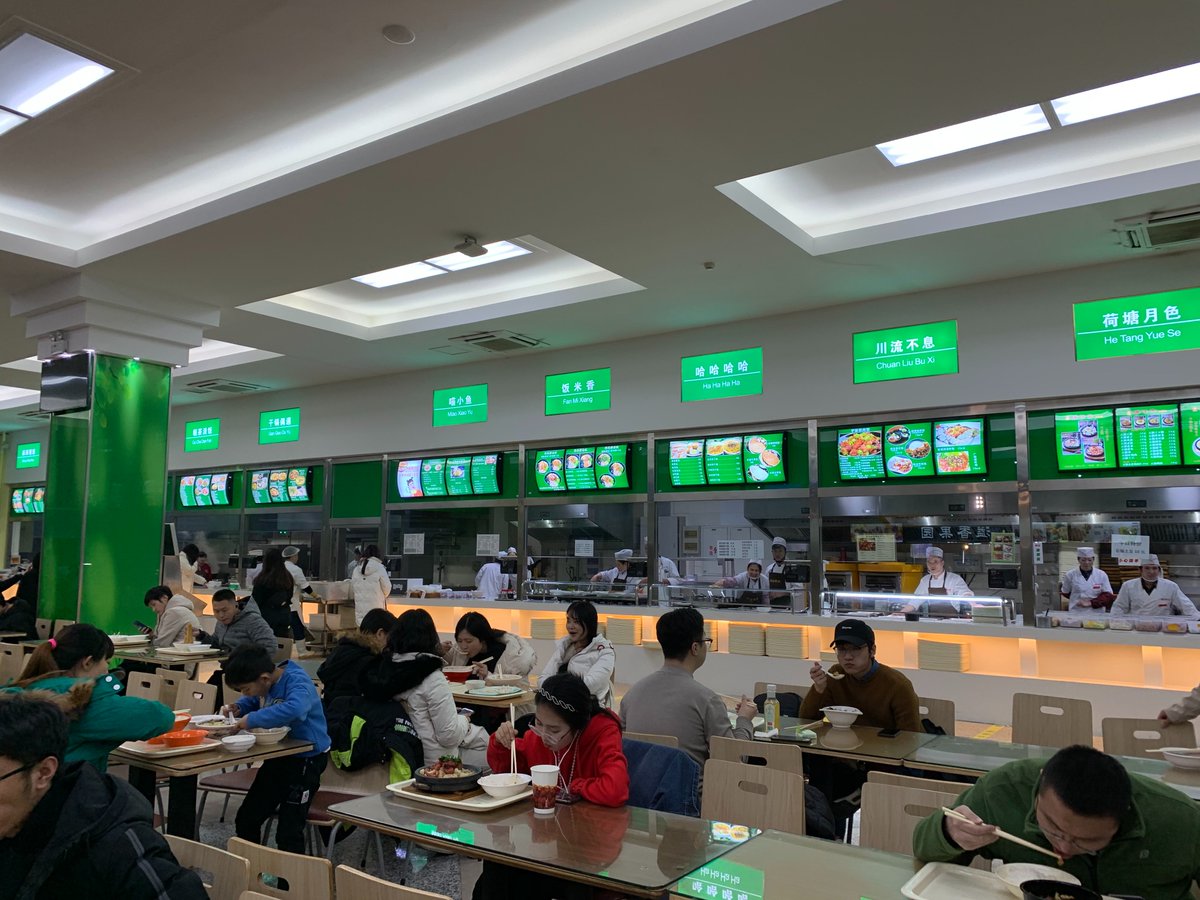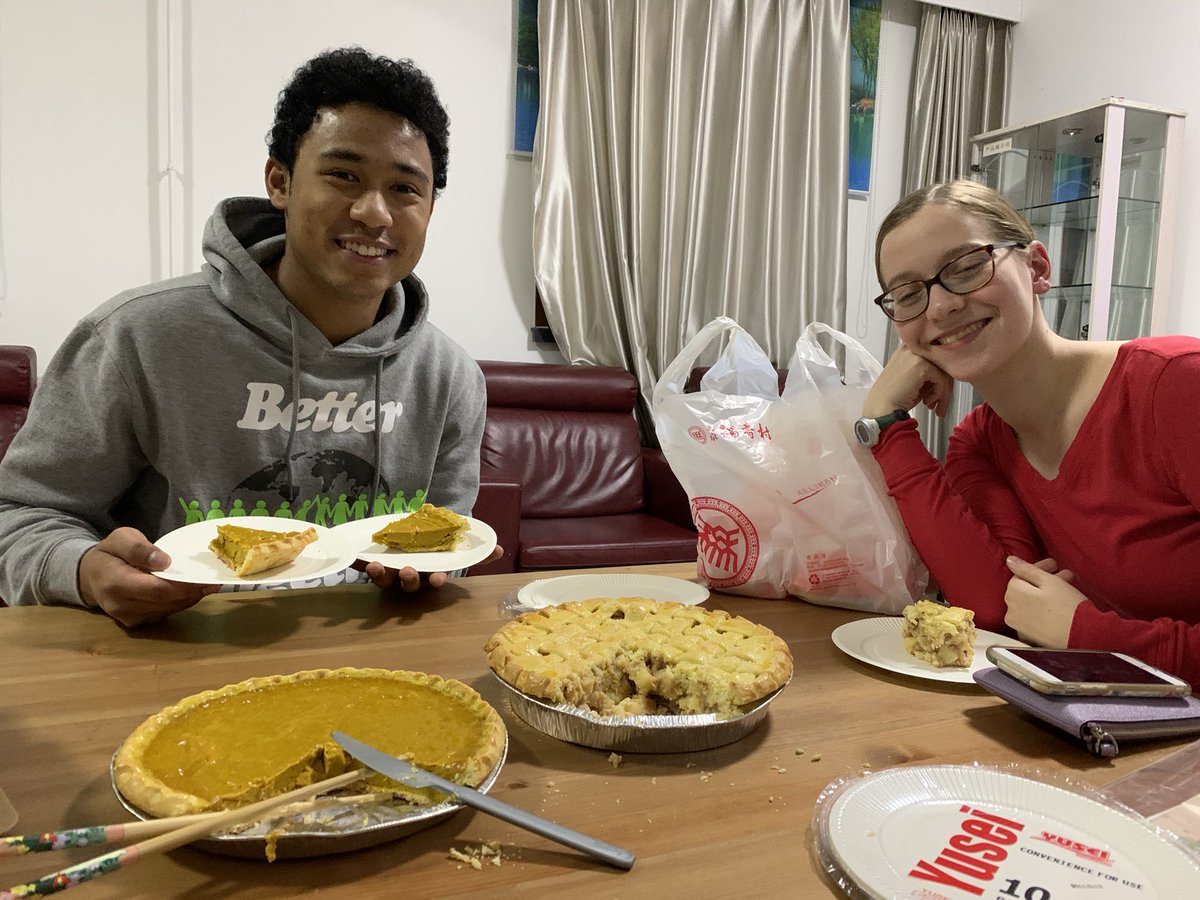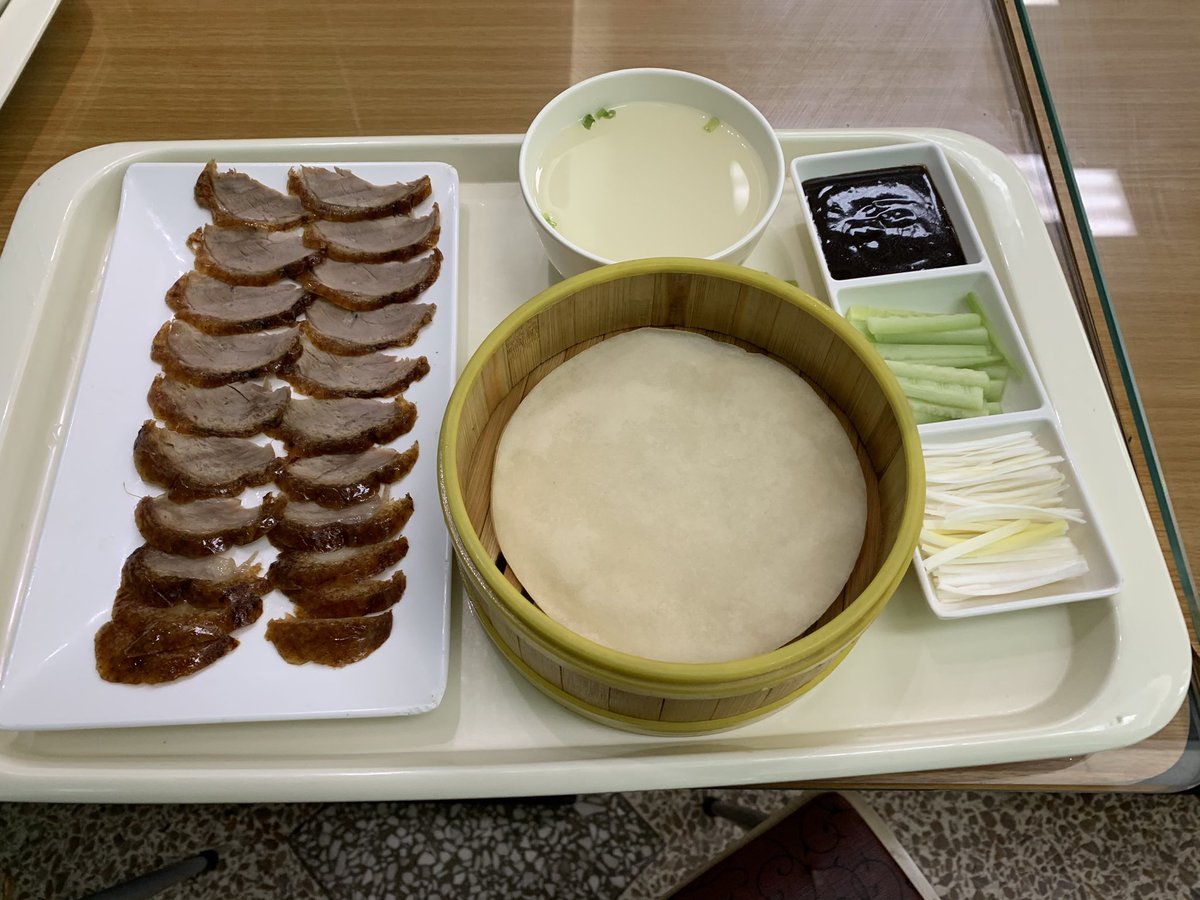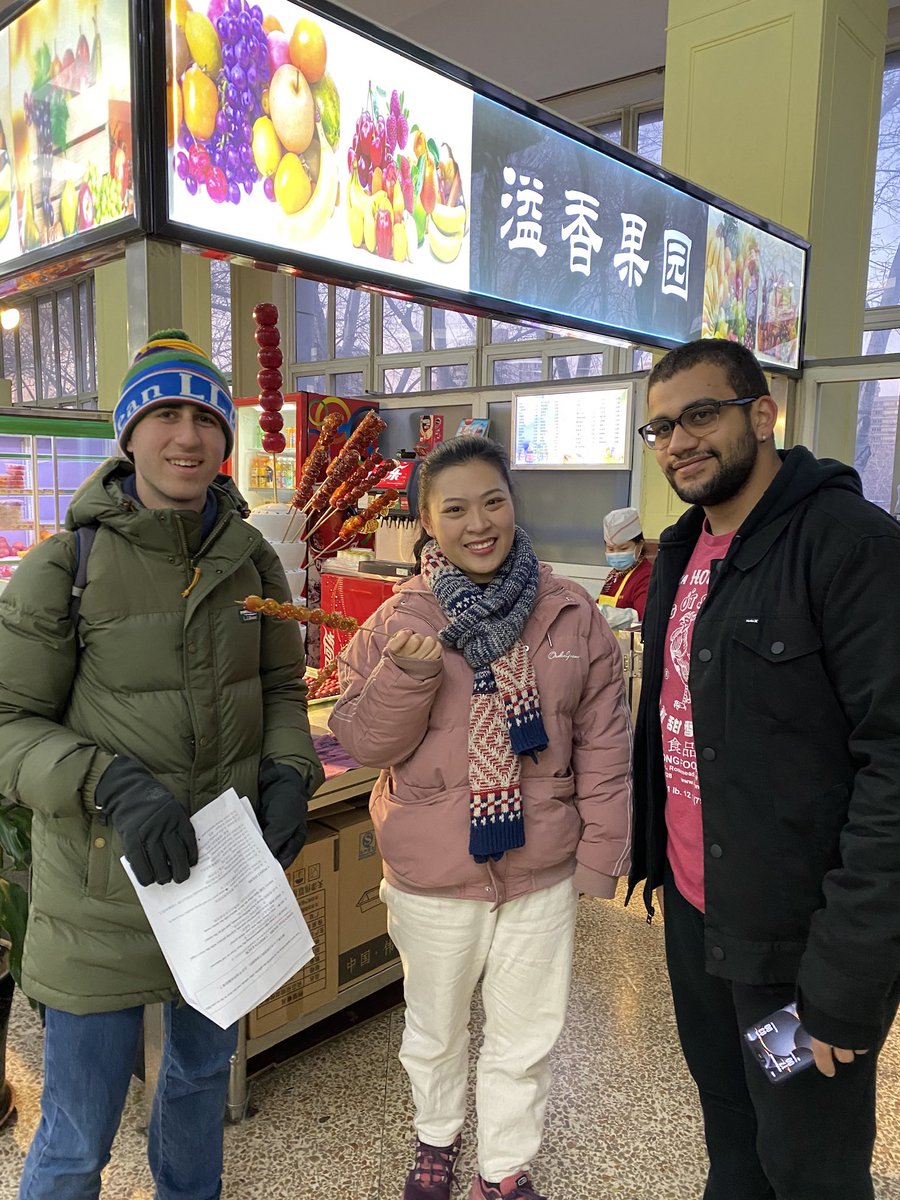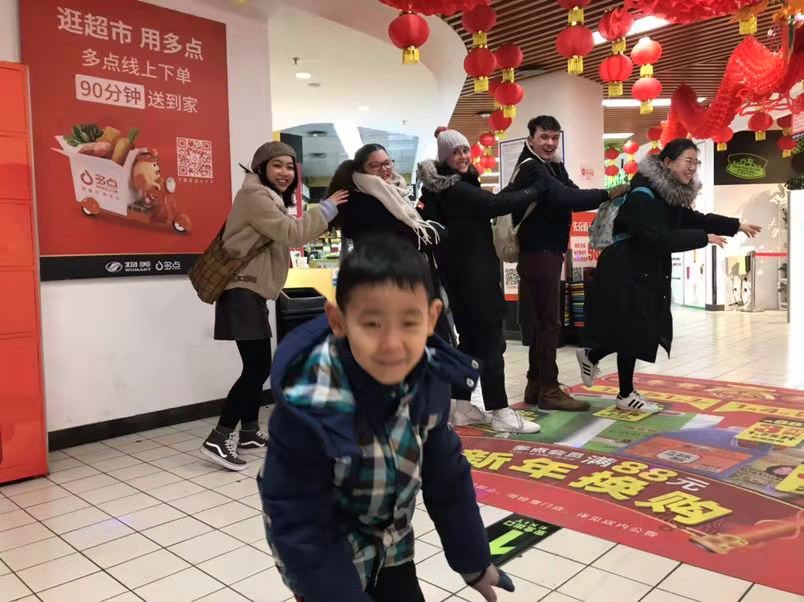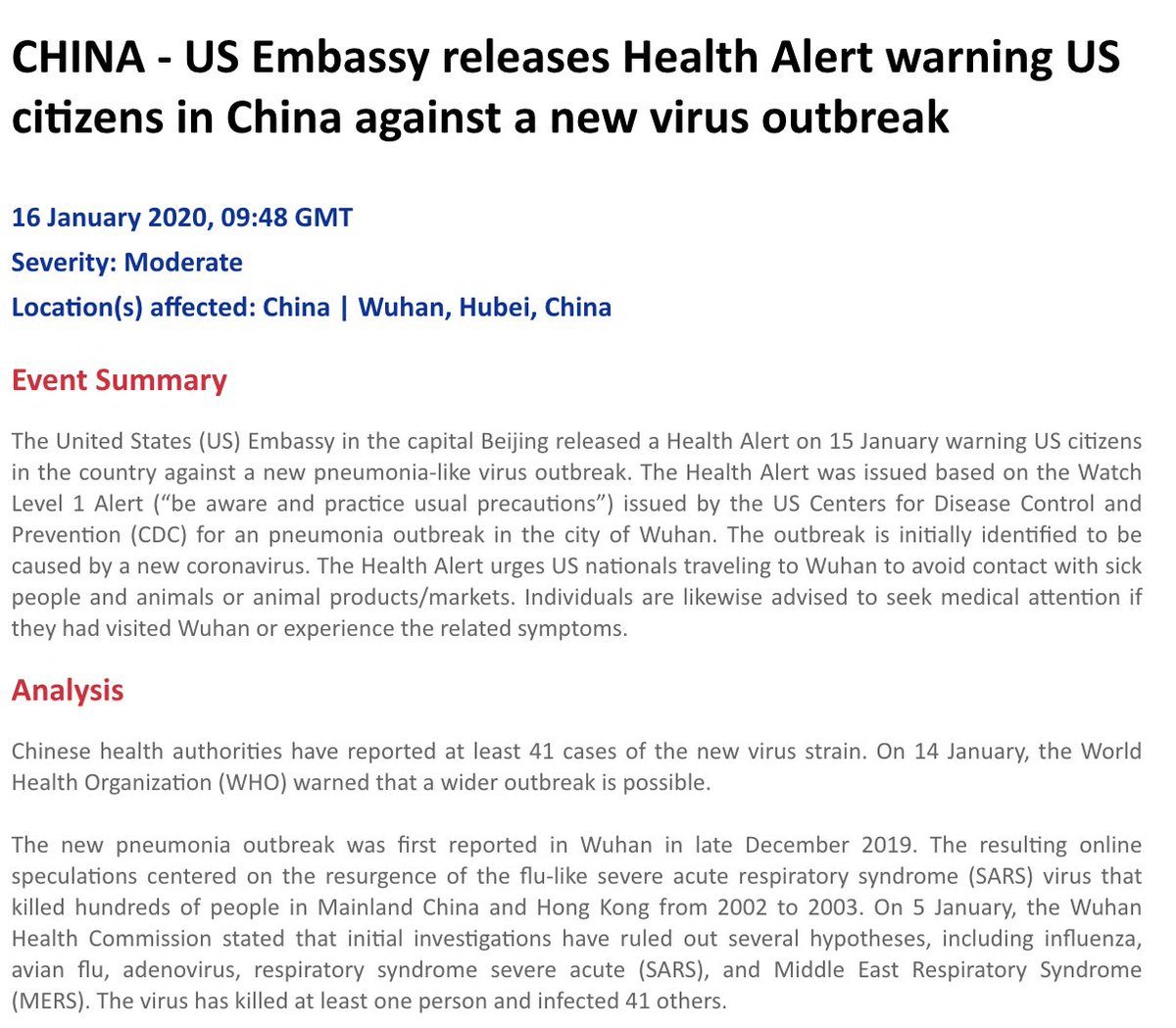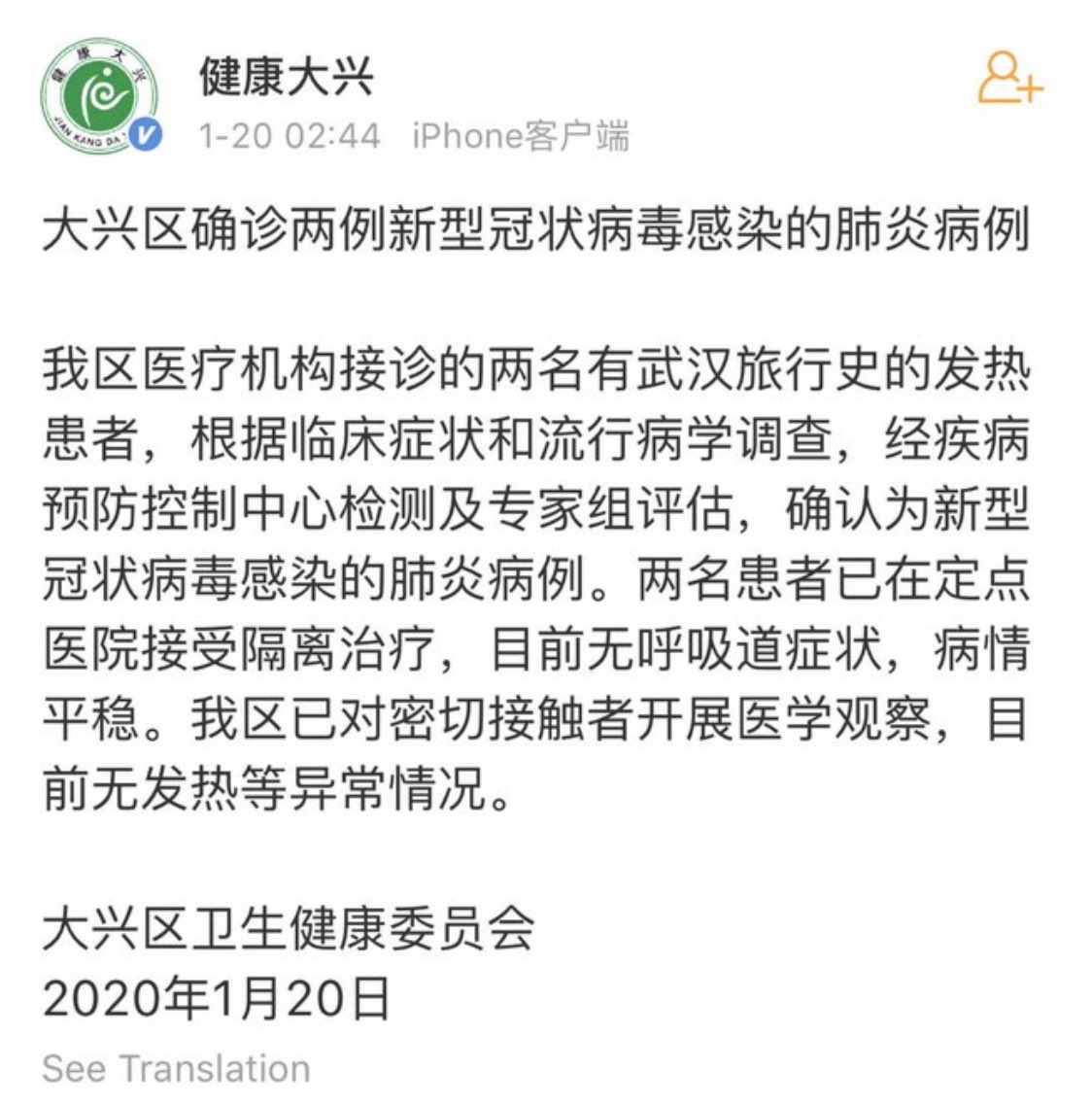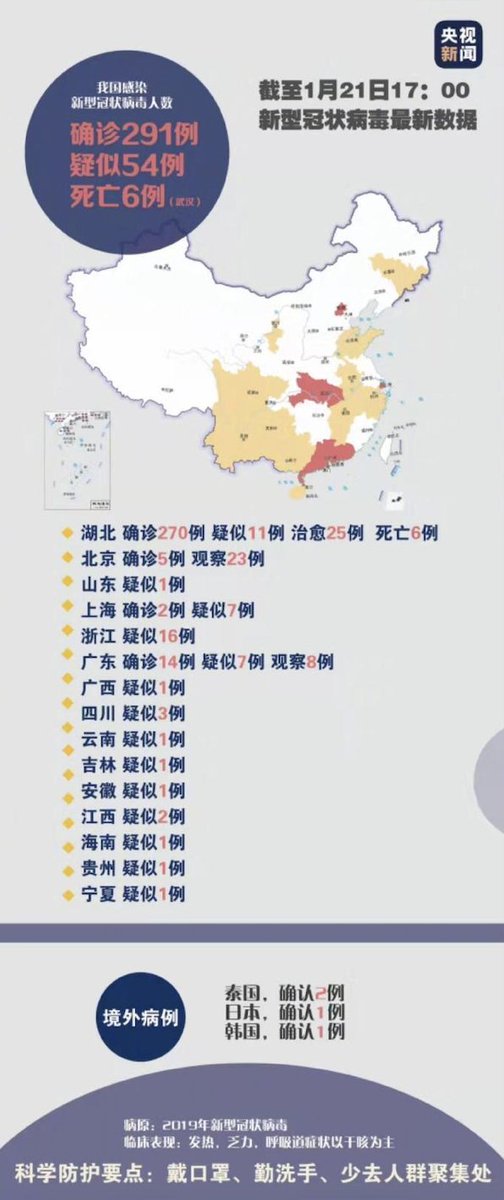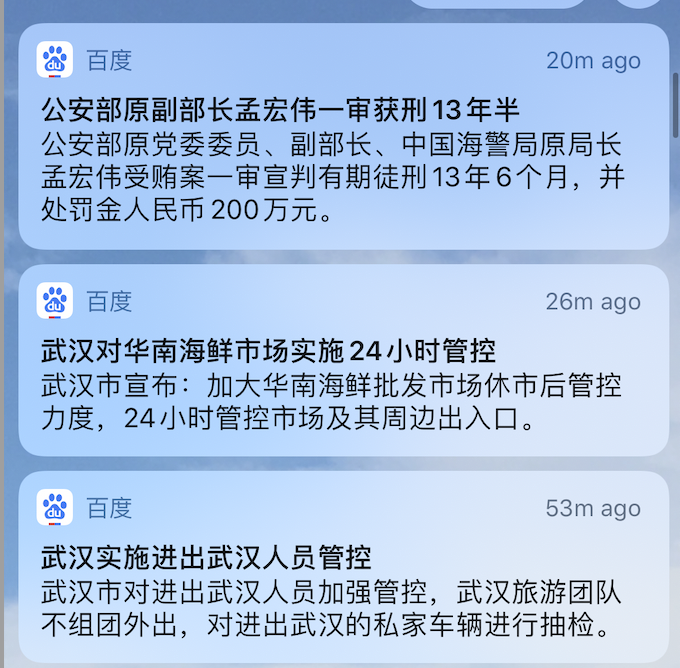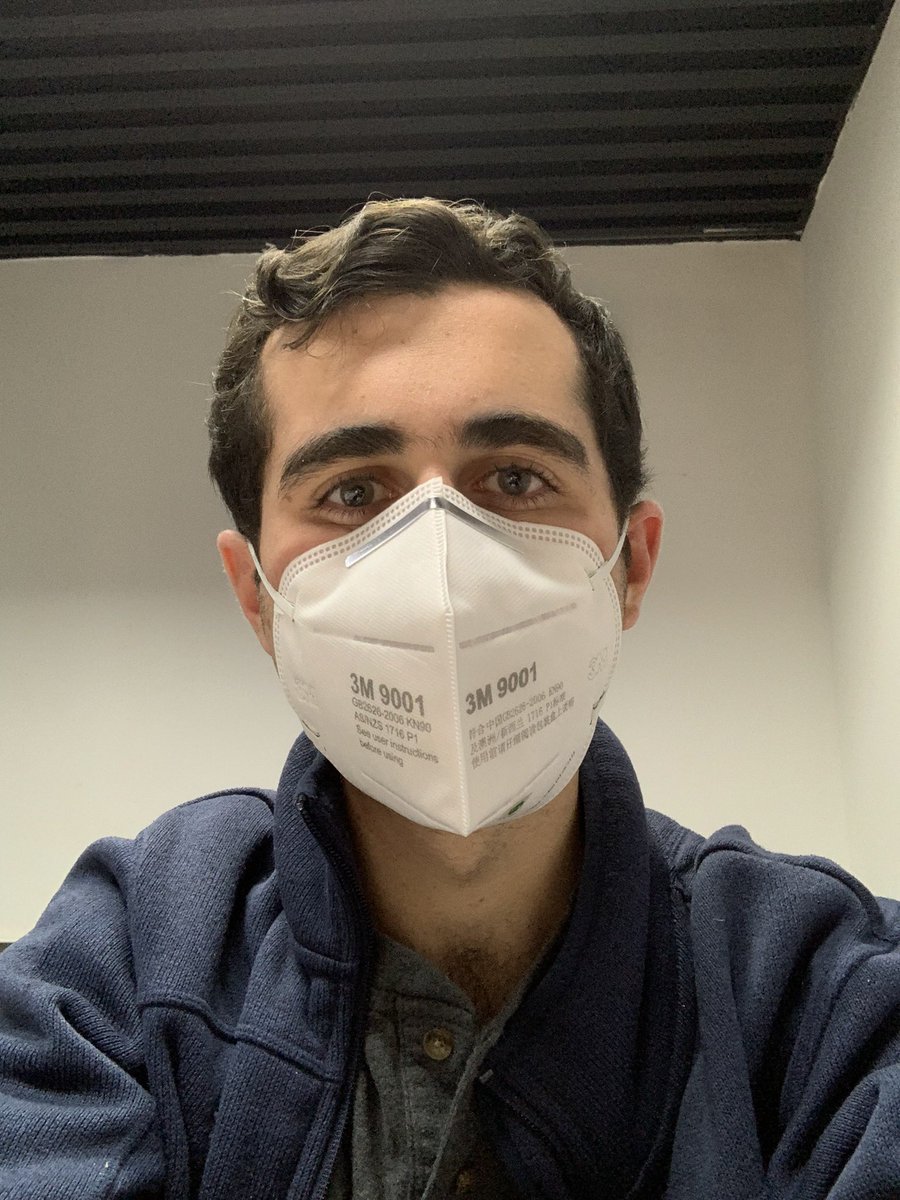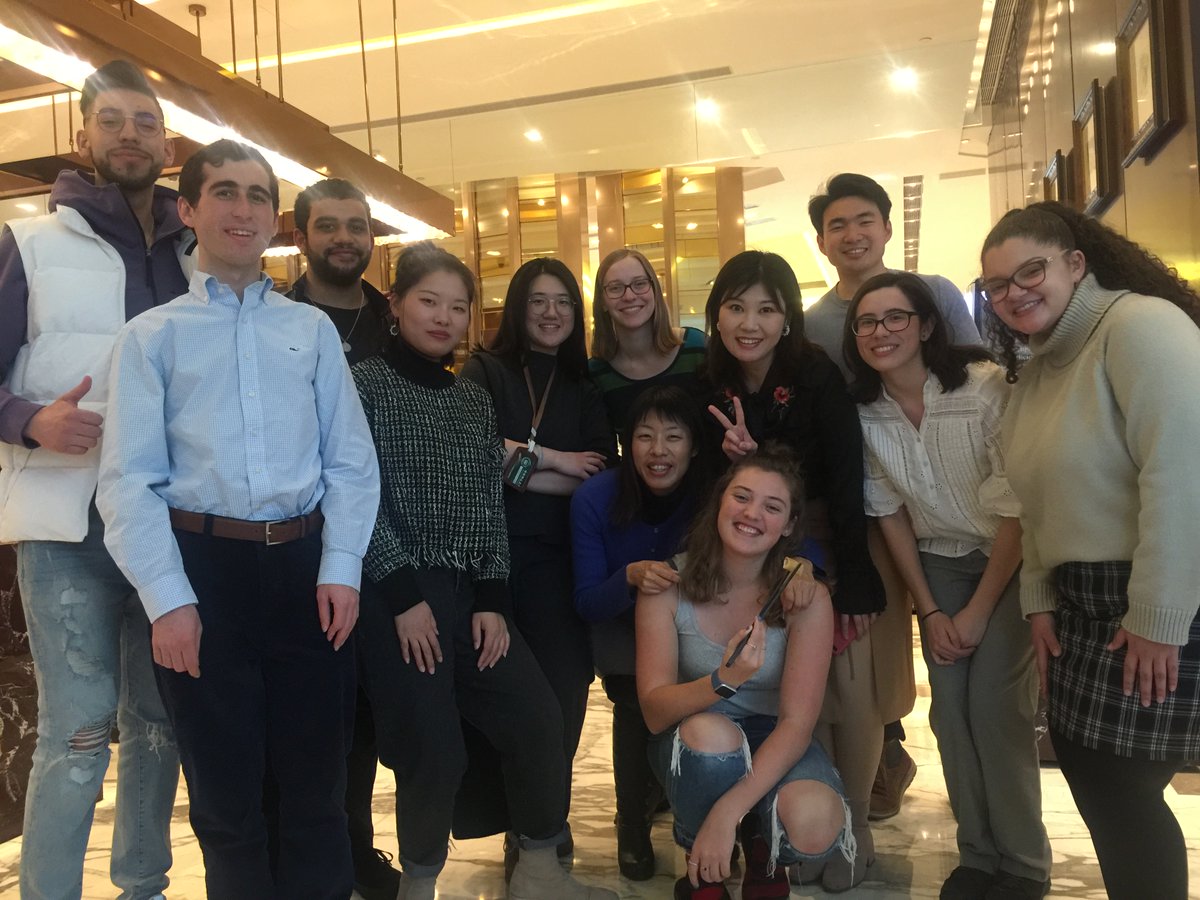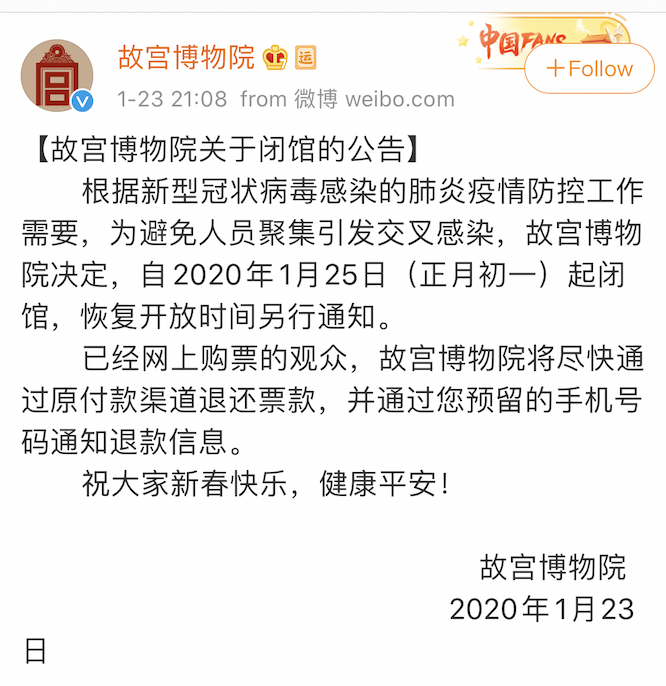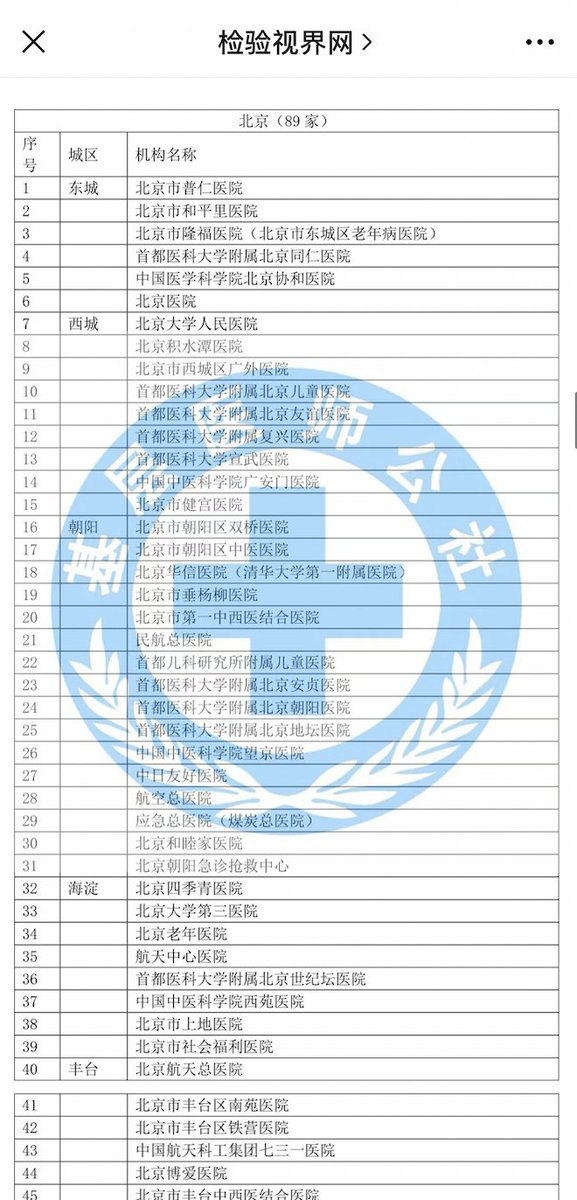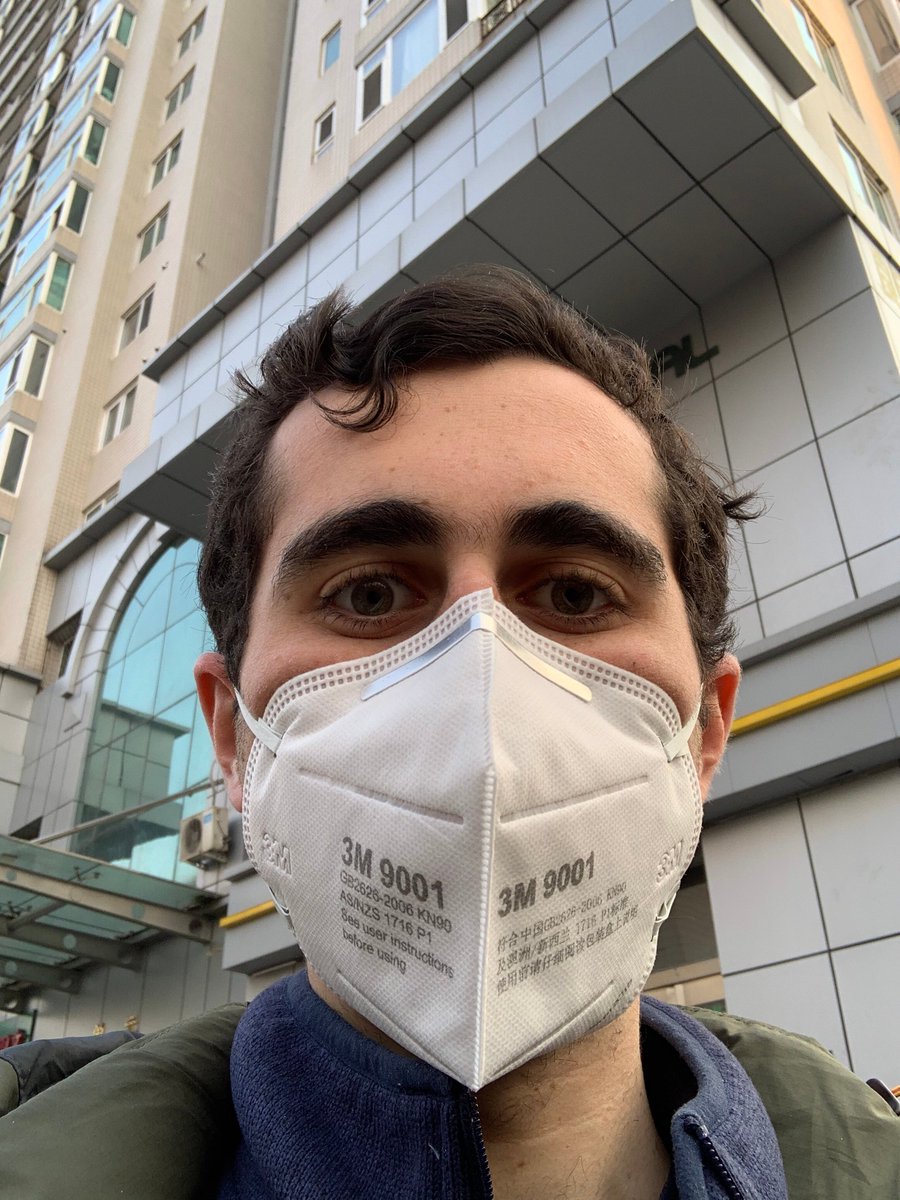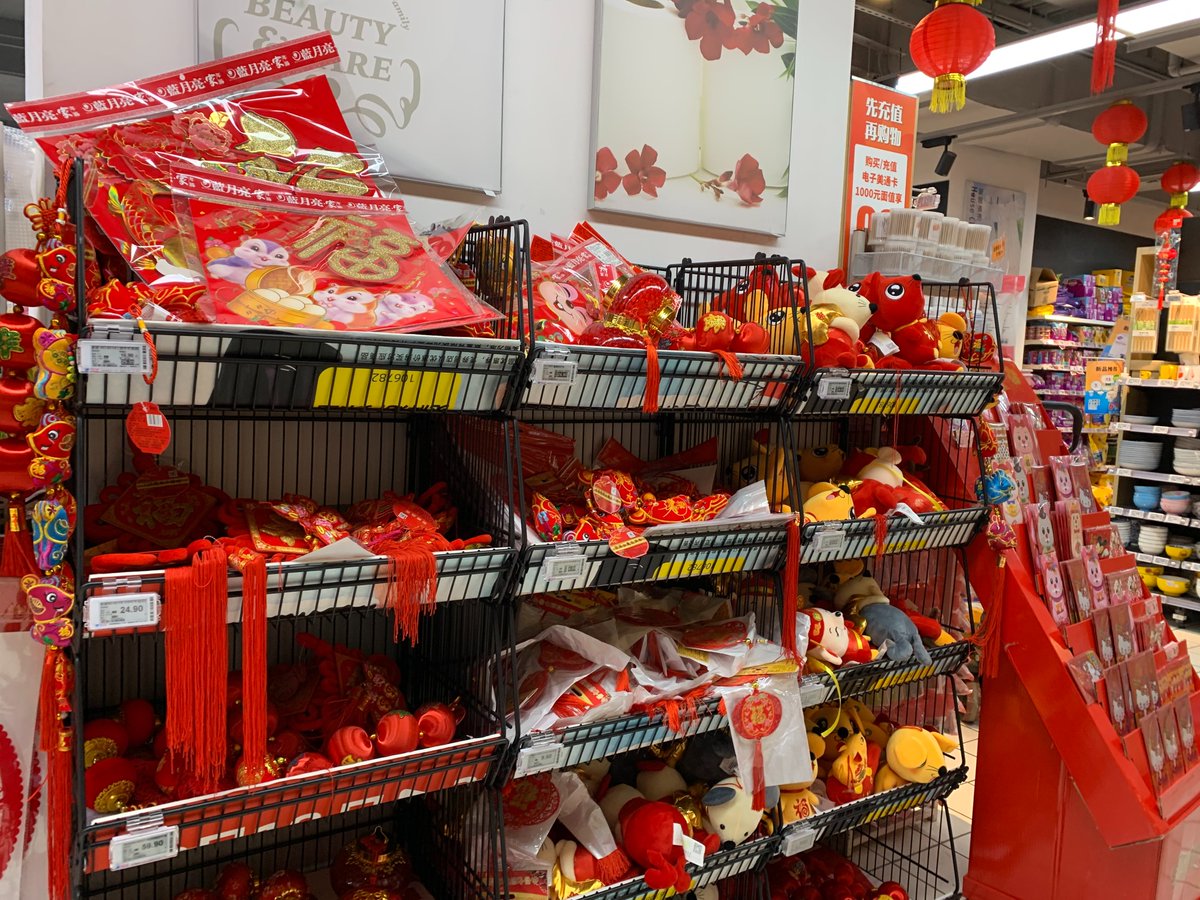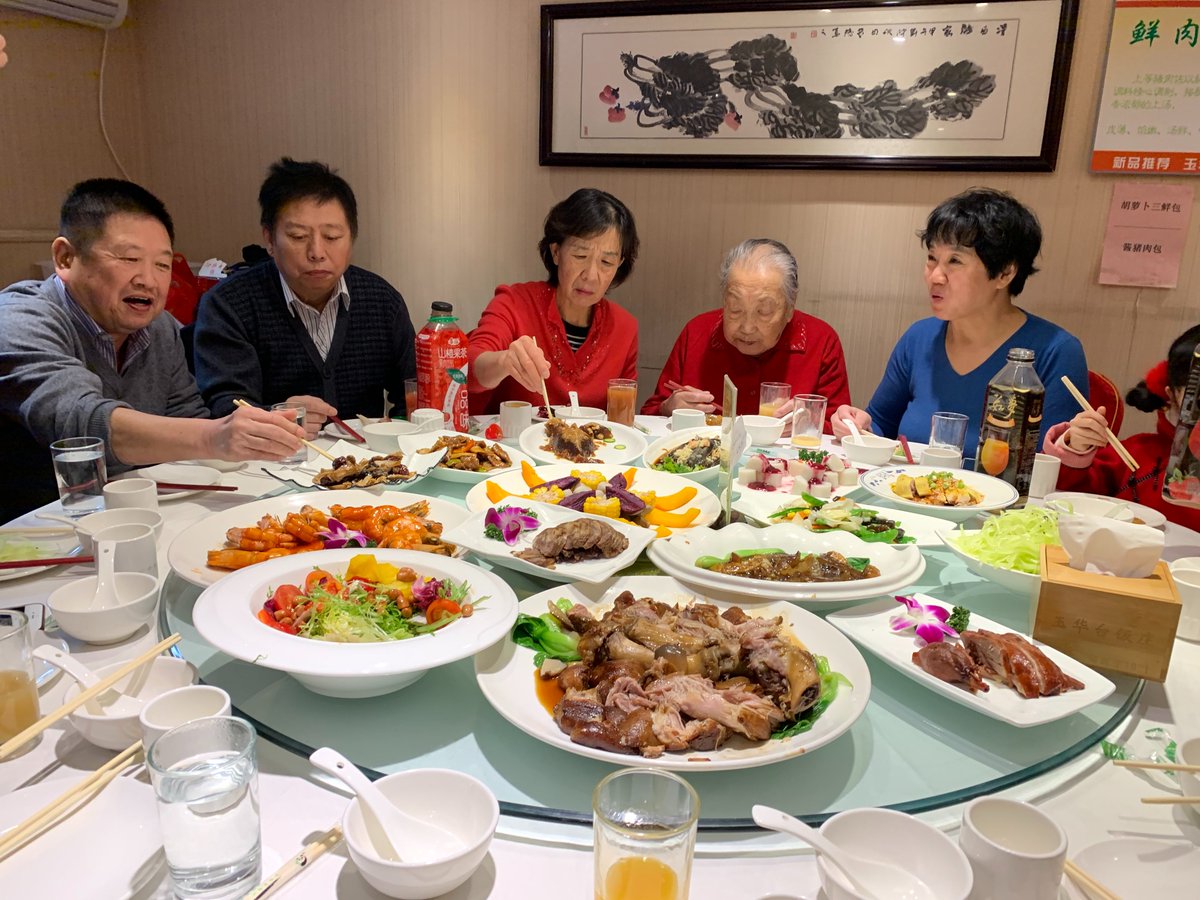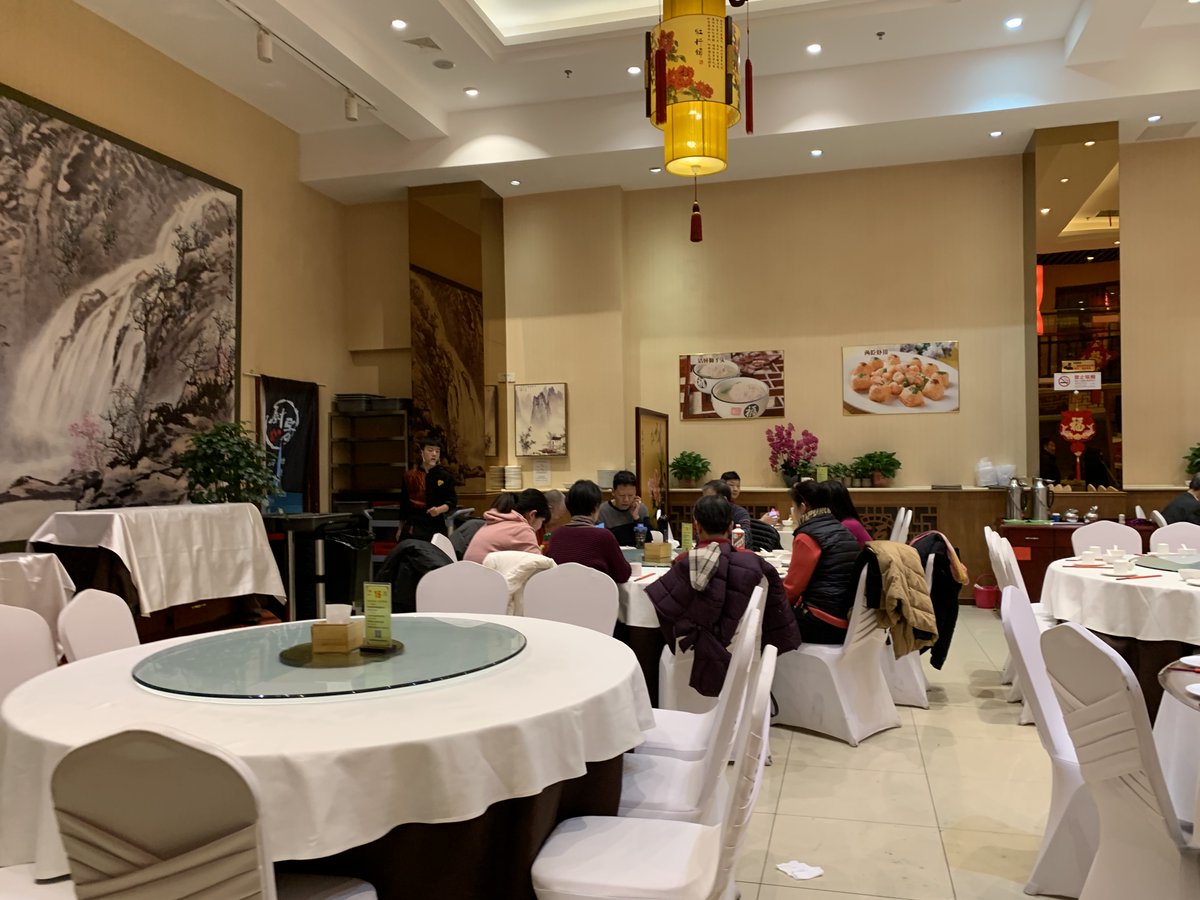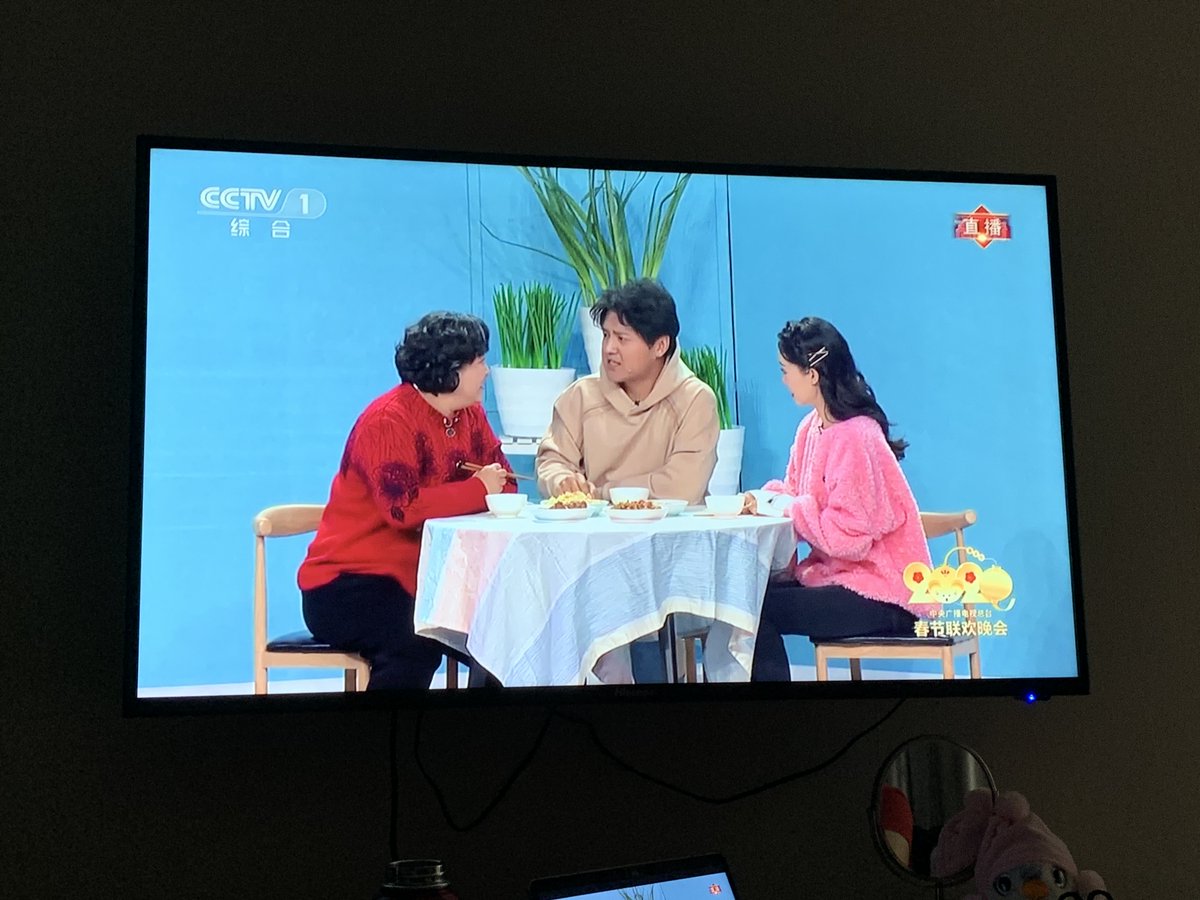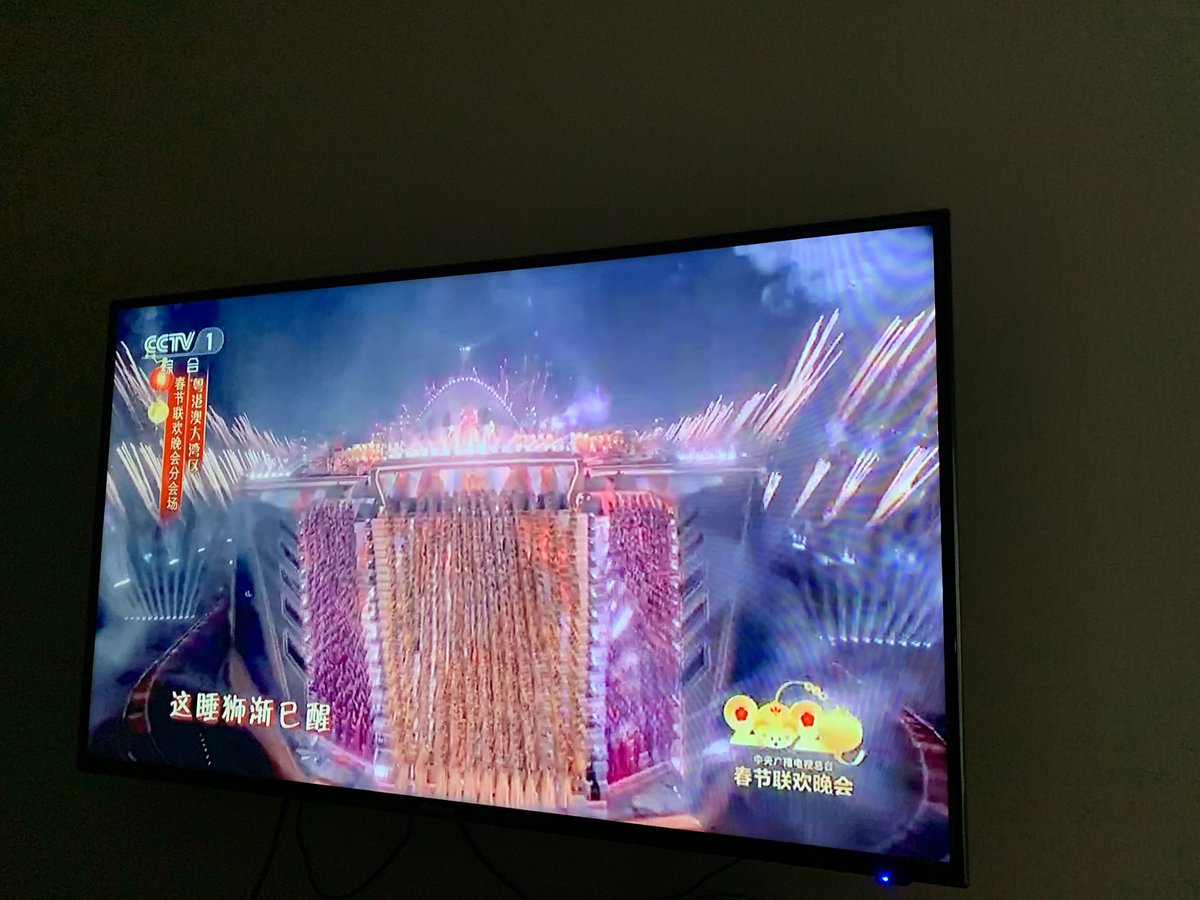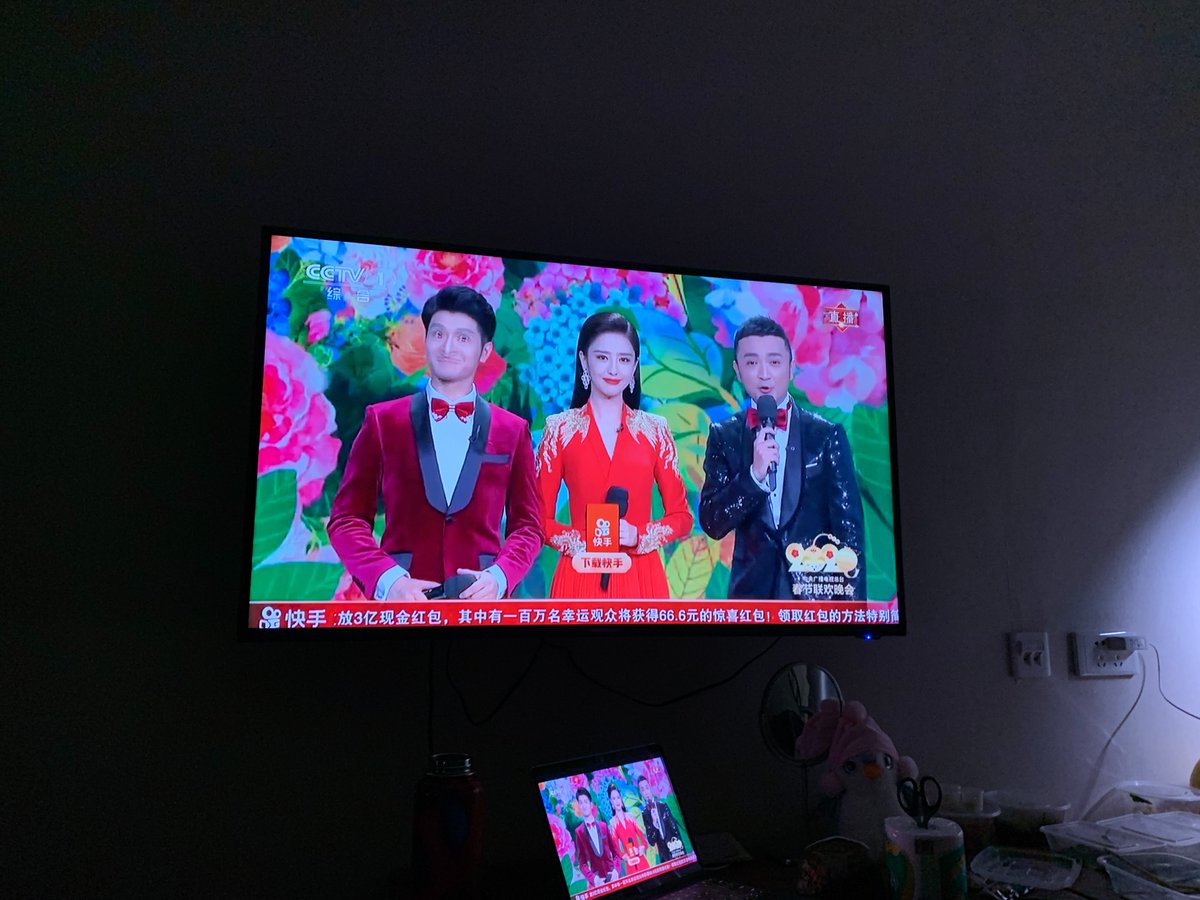Morning of December 28, 2019: 1 year ago today, I arrived in China with a group of students on a study abroad program, which would be suspended a month later due to the coronavirus outbreak. In this thread I'll do my best to chronicle the developments as I saw them, 1 year on.
The first few weeks of the program were filled with normal classes and excursions around Beijing. It was really only until the third full week when we began becoming aware of what would turn out to be a pandemic. More updates to this thread to come around January 21, 2021.
If you can't wait until then, you can read the daily updates I posted here. Updates will be posted in local time — 13 hours ahead of ET. http://offthesilkroad.com/2020/01/27/wuhan-coronavirus-updates/
Why do I think this is important? I hope these updates will help inform preparedness and response to future pandemics and crises. I'm going to do my best to recount what we knew, when exactly we knew it and what decisions we made at the time.
Of course, hindsight is 20/20. But detailing the progression of events can provide a model for public communication and epidemic response.
I'll try to structure the posts like the excellently written Twitter thread @vermontgmg has here. You can expect to find pictures, correspondences and actions that we took in the last few days of the study abroad program. https://twitter.com/vermontgmg/status/1304057437738205185
December 31: New Year’s Eve in Beijing. It’s been a Middlebury tradition of mine to order homemade apple pies to students studying abroad (pies are a rarity in China). The WHO was alerted of a cluster of unknown pneumonia cases in Wuhan, but nothing changed in Beijing.
January 16: The US Embassy in Beijing released a health alert warning citizens against a pneumonia-like virus outbreak, with over 41 cases being reported by Chinese authorities. I received the alert through our system but life remained as normal as we continued through classes.
January 20, 2:44 a.m.: The Beijing Daxing district health department sends an alert about two travelers who have been infected after a visit to Wuhan. They were isolated at a hospital in stable condition, with no shortness of breath. Cases in Beijing at the time: less than 10.
January 20: Chinese doctor Zhong Nanshan (essentially China's Dr. Fauci) confirms human-to-human transmission. https://www.reuters.com/article/us-china-health-pneumonia-commission/china-confirms-human-to-human-transmission-of-new-coronavirus-xinhua-idUSKBN1ZJ1SB
January 21, 3-5 p.m.: We begin receiving push notifications with health alerts (that have continued to this day). Maps are pushed via news services, with graphics telling people to wear masks and wash their hands (this takes a few days for people to adopt).
Confirmed cases: 291
Confirmed cases: 291
January 21, 11:21 p.m.: I publish my first in a series of daily (and sometimes twice-daily) updates on the situation on the ground. "Currently, travelers are urged to avoid all travel to the Wuhan area."
WHO meeting the next day.
Confirmed cases: 314 http://offthesilkroad.com/2020/01/21/update-1-21/
WHO meeting the next day.
Confirmed cases: 314 http://offthesilkroad.com/2020/01/21/update-1-21/
January 22, 8:51 p.m.: First mask selfie. That day I had seen everyone go to the supermarket and buy masks, so I decided to take the last pollution mask off the shelf (surgical began to sell out). We had a stock of KN90 masks with our program office. Took this as we did homework.
January 22, evening: Second update. Wuhan has begun a ban on gatherings. Results of the WHO meeting for emergency response are unknown. Beijing begins to have more people wearing masks in public and checks at train stations.
Confirmed cases: 548, Deaths: 9 http://offthesilkroad.com/2020/01/22/update-1-22/
Confirmed cases: 548, Deaths: 9 http://offthesilkroad.com/2020/01/22/update-1-22/
January 23, 10:00 a.m.: Wuhan begins a lockdown, which ended up lasting 76 days. In the hours before the city was sealed, millions of people left by train and air. https://www.nytimes.com/2020/01/22/world/asia/china-coronavirus-travel.html
January 23, 1:56 p.m.: Here in Beijing, our language program officially comes to a close with a final banquet. I can recall at the time that going to a hotel buffet for lunch would be an iffy idea. Temperatures were checked when we arrived. No masks were really worn yet.
January 23, afternoon: At this time, our focus was on the two-week break ahead, during which many of us intended to travel. At the time I developed travel recommendations, writing "we do not believe there will be significant disruptions to travel plans." http://offthesilkroad.com/2020/01/23/travel-precautions-1-23/
This began what turned out to be nearly 10 days of intense monitoring, planning and logistics. At the time, we believed the threat was low enough to continue travel plans — which we did starting on the 25th (and ended after 2 days). Nearest hospital lists were drawn up in case.
January 23, 9:08 p.m: Beijing's Forbidden City closes to the public, effective January 25 (first day of the New Year holiday). Multiple tourist attractions will follow in the coming days. We begin to hear reports of hospitals in Wuhan putting out calls for donations.
As the first death outside Hubei province is confirmed, it begins to become clear that this is no longer an epidemic concentrated in one province but would expand to other provinces.
The backbone to China's coronavirus response at the time was a series of fever clinics (发热门诊). These were designated areas of hospitals that individuals would go to if they had symptoms, ensuring that an influx of patients would not put stress on normal operations.
January 23, 10:18 p.m.: 3rd update. Movies to premiere were cancelled, as well as an activity we planned. Chinese health authorities release a list of 17 patients who have died — all elderly. Mask-wearing in public becomes more common.
Confirmed cases: 634 http://offthesilkroad.com/2020/01/23/update-1-23/
Confirmed cases: 634 http://offthesilkroad.com/2020/01/23/update-1-23/
January 24, evening: We had gotten our hands on a set of KN90 masks that we were able to wear (quite uncomfortable around the ears at first). It's New Year's Eve. While there were more cancellations of large-scale events, we still went out to dinner with a local family.
A note on the masks (which will come up as a recurrent theme throughout the next week): There was always talk that N95 masks were more desirable (the word "N95" came into our vocabulary quickly). We just couldn't get our hands on them, and so we reused our KN90s for days on end.
January 24, 8 p.m.: Those who have lived in China know the significance of 春晚 — it's an annual New Year's gala livecast hosted by CCTV. Think Dick Clark's New Year's Eve — except the entire country tunes in. We all pile into a room to watch.
The event is usually heavily scripted and while it is performed live, a prerecorded track is kept on standby in case someone messes up. This year, there was a short segment on fighting for Wuhan — unusual to be placed in the lineup so late. The segment emphasized national unity.

 Read on Twitter
Read on Twitter